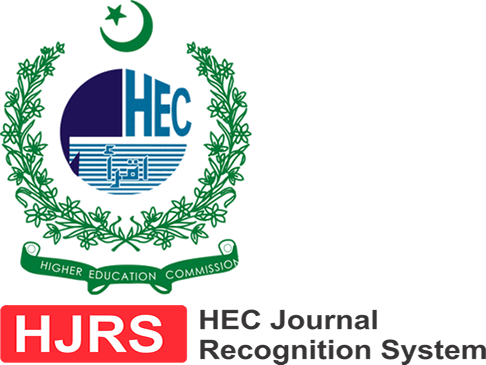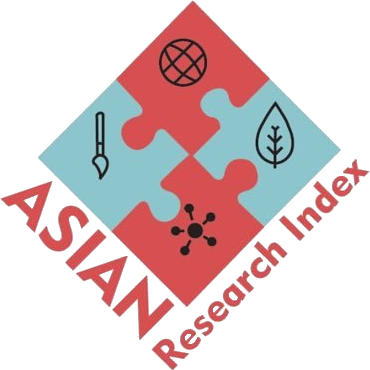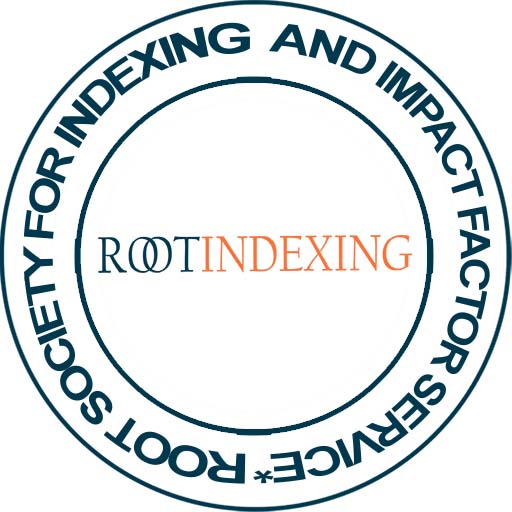SUSTAINABLE CONFLICT RESOLUTION: A CASE STUDY OF THE CONQUEST OF MAKKAH
DOI:
https://doi.org/10.5281/zenodo.7574159Keywords:
Sustainable development, conflict resolution, Sirah, globalizationAbstract
Whether East or West, the stature of Prophet Muhammad (upon whom be peace) is an acknowledged one because of his magnanimity which is not reserved for Muslims alone. The resolution of the conflicts in his life had not only been creative and constructive but also non-violent; achieving sustainable development goals simultaneously. This paper analyses the situation at the conquest of Makkah from the life of the last Prophet in Islam from the perspective of sustainable development. It explores the situation as early as the Treaty of Hudaibiya and examines it under the framework of the United Nation’s sustainable development goals and popular nongame theory of negotiation reviewed by P.H. Gulliver. It, therefore, concludes that the Seerah of the Prophet is a progressive tool to transpire the national and international agenda for sustainable development and can serve as an approach towards multi-disciplinary collaboration to attain peace in the region and ultimately in the whole wide world.
References
M. Lakhani and M.A. Kandharo, “Introduction to the Encyclopaedia of Islam (A Critical Analysis of the Orientalist Approach and Western Supremacy),” The Scholar-Islamic Academic Research Journal 6, no. 1 (2020): 40.
Justice Mensah, “Sustainable Development: Meaning, History, Principles, Pillars, and Implications for Human Action: Literature Review,” Cogent Social Sciences 5, no. 1 (January 2019), https://doi.org/10.1080/23311886.2019.1653531.
Zubair Hasan, “Sustainable Development from an Islamic Perspective : Meaning Implications and Policy Concerns,” J.KAU: Islamic Econ 19, no. 1 (2006): 3–18.
Moosa Lakhani, “A Conduit of Peace : A Derivation of the Definition of Sustainable Conflict Resolution from the Selective Conflict Resolutions from the Life of Prophet Muhammad (upon Whom Be Peace)” (University of Milan, 2021), 15.
Erwin.I.J. Rosenthal, Political Thought in Medieval Islam: An Introductory Outline (Cambridge: Cambridge University Press, 2009).
Muhammad Mohsin Khan and Muahammad Taqi-ud-Din Al-Hilali, Interpretation of the Meanings of The Noble Qur’an (Riyadh: Darussalam, 1996), v. 3:31.
Lakhani, “A Conduit of Peace : A Derivation of the Definition of Sustainable Conflict Resolution from the Selective Conflict Resolutions from the Life of Prophet Muhammad (upon Whom Be Peace),” 15.
Elizabeth Ruth Wilson and Leigh L. Thompson, “Creativity and Negotiation Research: The Integrative Potential,” International Journal of Conflict Management 25, no. 4 (2014): 359–86, https://doi.org/10.1108/IJCMA-05-2014-0033.
Safiur-rehman Al-Mubarakpuri, The Sealed Nectar, Revised (Riyadh: Darussalam, 1979), 213.
Al-Mubarakpuri, 299.
William Muir, The Life of Mahomet: With Introductory Chapters on the Original Sources for the Biography of Mahomet, and on the Pre-Islamite History of Arabia (Smith, Elder and Company, 1861), vol 4, 26.
Lakhani, “A Conduit of Peace : A Derivation of the Definition of Sustainable Conflict Resolution from the Selective Conflict Resolutions from the Life of Prophet Muhammad (upon Whom Be Peace).”, 25.
Lakhani, 25.
Martin Patchen, “Models of Cooperation and Conflict,” The Journal of Conflict Resolution 14, no. 3 (July 1970): 389–407.
P.H. Gulliver, Disputes and Negotiations: A Cross-Cultural Perspective (Academic Press, 1979).
Gulliver.
Lakhani, “A Conduit of Peace : A Derivation of the Definition of Sustainable Conflict Resolution from the Selective Conflict Resolutions from the Life of Prophet Muhammad (upon Whom Be Peace),” 27.
Gulliver, Disputes and Negotiations: A Cross-Cultural Perspective.
Gulliver.
Al-Mubarakpuri, The Sealed Nectar, 217.
Al-Mubarakpuri, 251.
Al-Mubarakpuri, 254.
Al-Mubarakpuri, The Sealed Nectar; Ali Muhammad As-Sallaabee, The Noble Life of the Prophet Peace Be upon Him, Darusslam (Riyadh: Darussalam, 2005).
Abu Muhammad abdul Malik Ibn-e-Hisham, As-Seerah An-Nabwiyyah (Beirut: Dar ul Kitab ul Arabi, 2006), 679–80.
Al-Mubarakpuri, The Sealed Nectar.
Khan and Al-Hilali, Interpretation of the Meanings of The Noble Qur’an, v. 60:10.
Lakhani, “A Conduit of Peace : A Derivation of the Definition of Sustainable Conflict Resolution from the Selective Conflict Resolutions from the Life of Prophet Muhammad (upon Whom Be Peace),” 18.

Downloads
Published
How to Cite
License
Copyright (c) 2022 AL MISBAH RESEARCH JOURNAL

This work is licensed under a Creative Commons Attribution 4.0 International License.
AL-MISBAH Research Journal is full open access and licensed under Creative Commons Attribution 4.0 International License; and Published by: Research Institute of Culture & Ideology (REINCI), Islamabad, Pakistan. This allows the research community and the general public to gain unlimited, free and immediate access to scholarly articles, and to reuse the content freely provided that proper attribution is given to the original authors.









